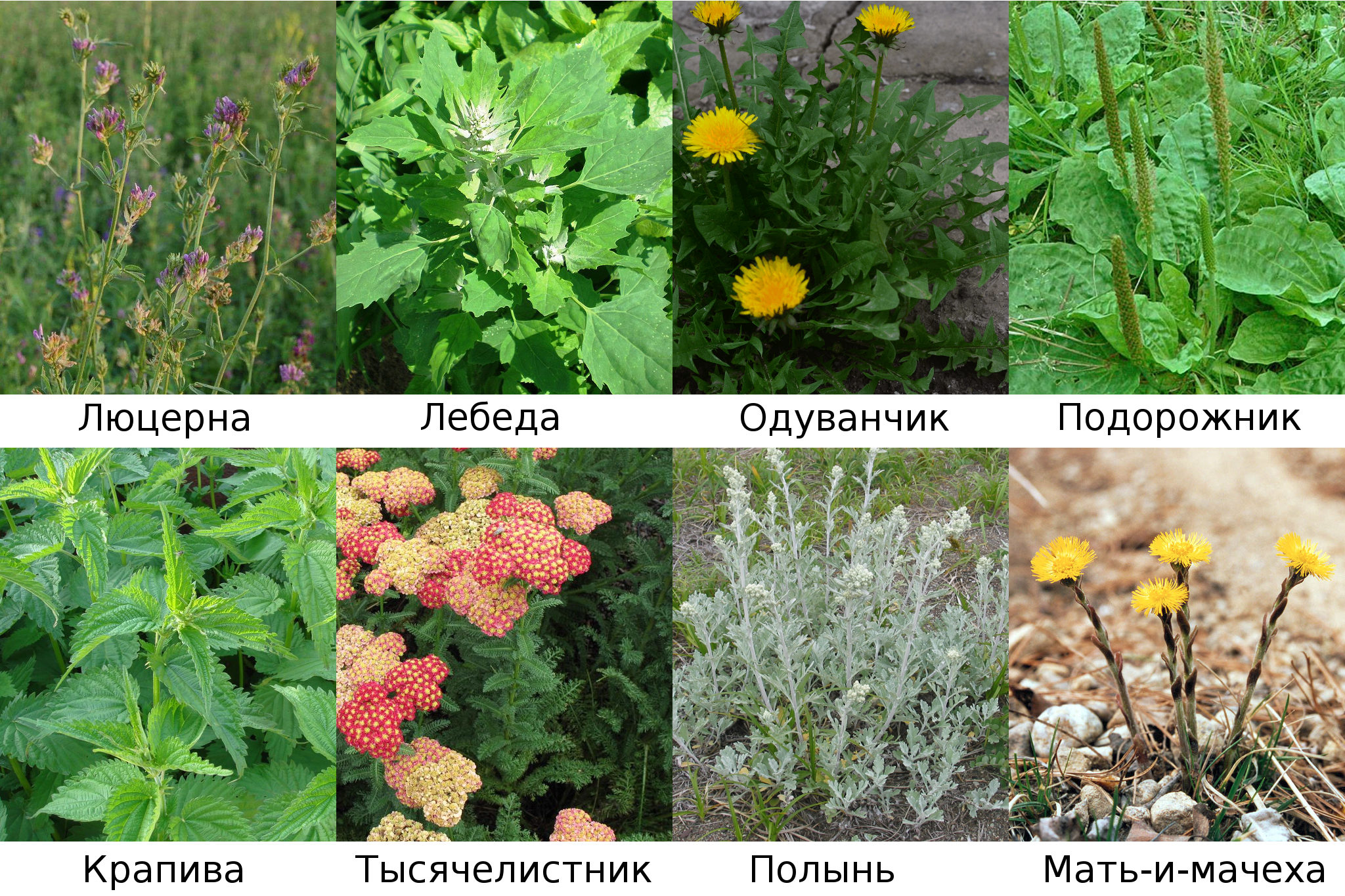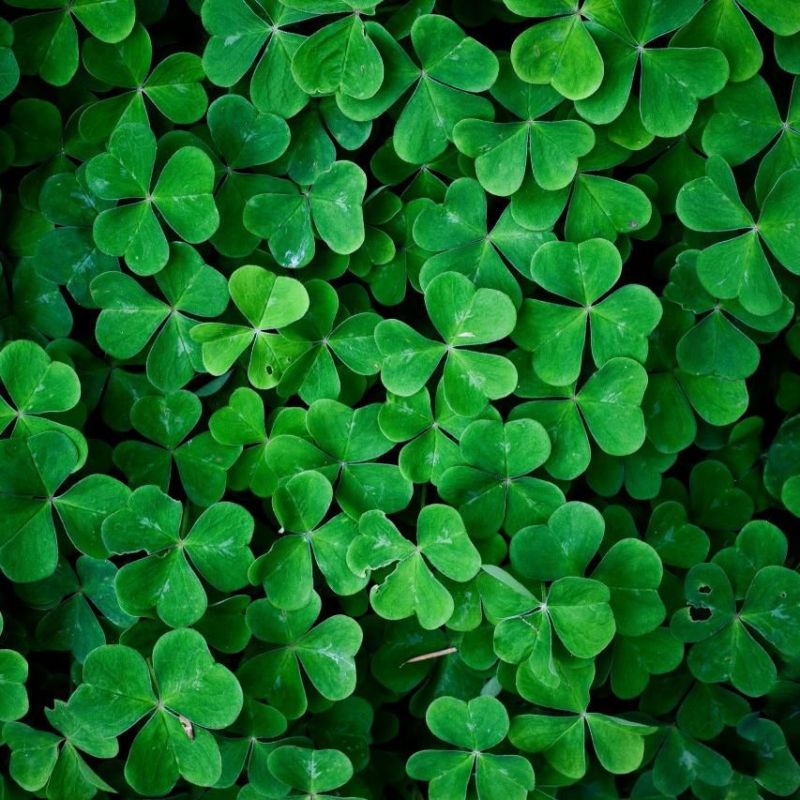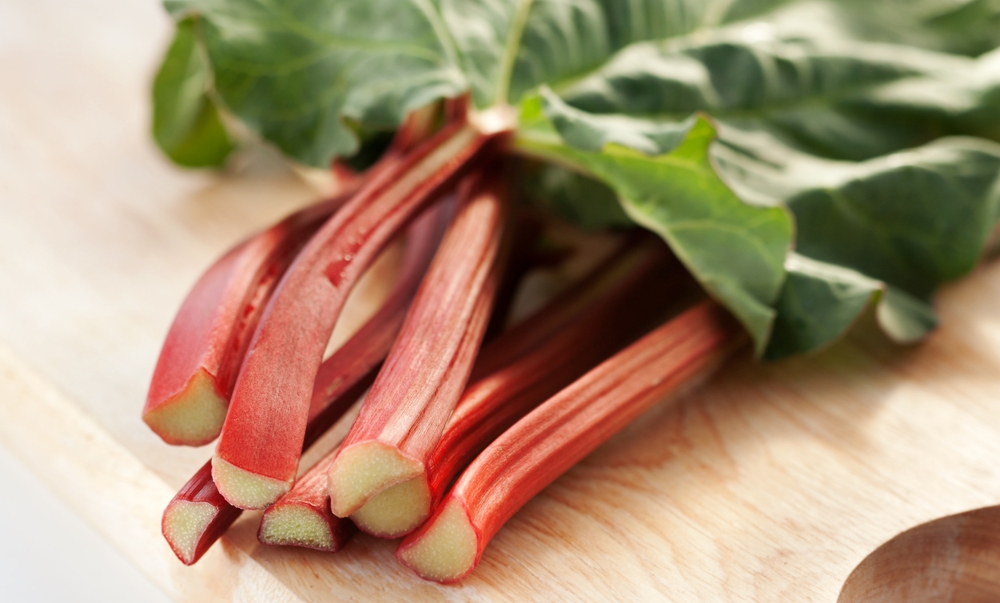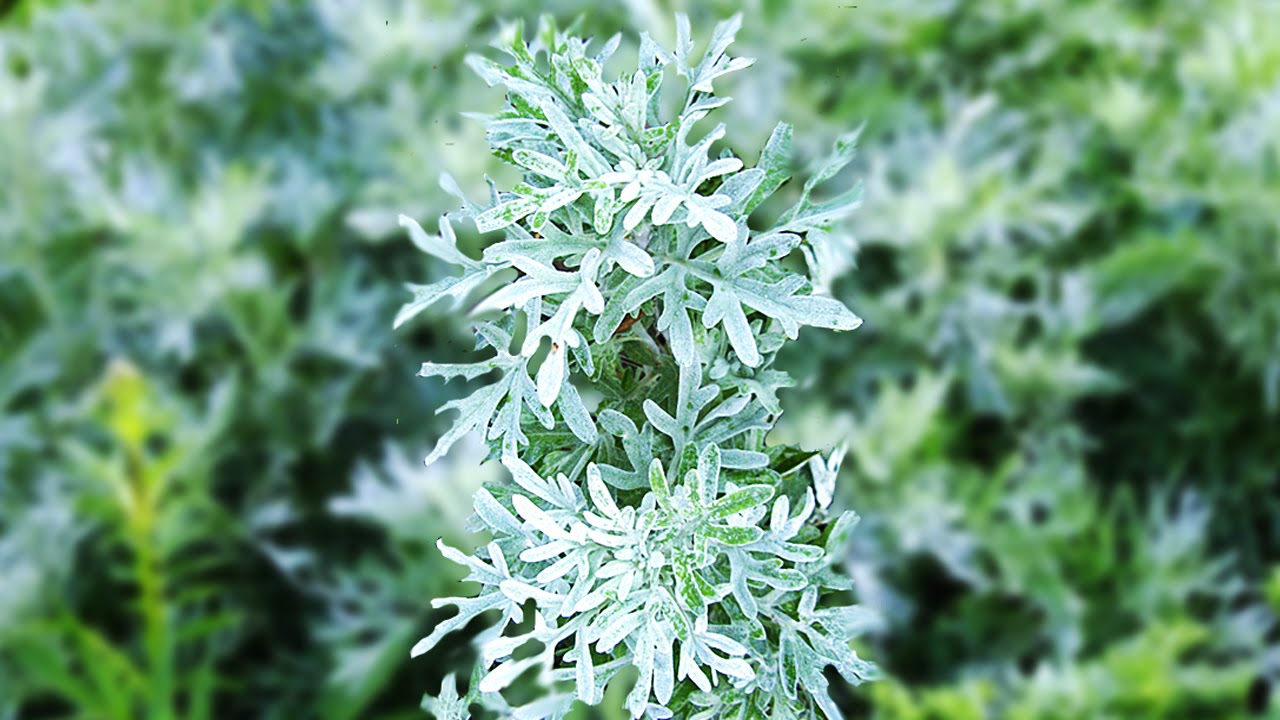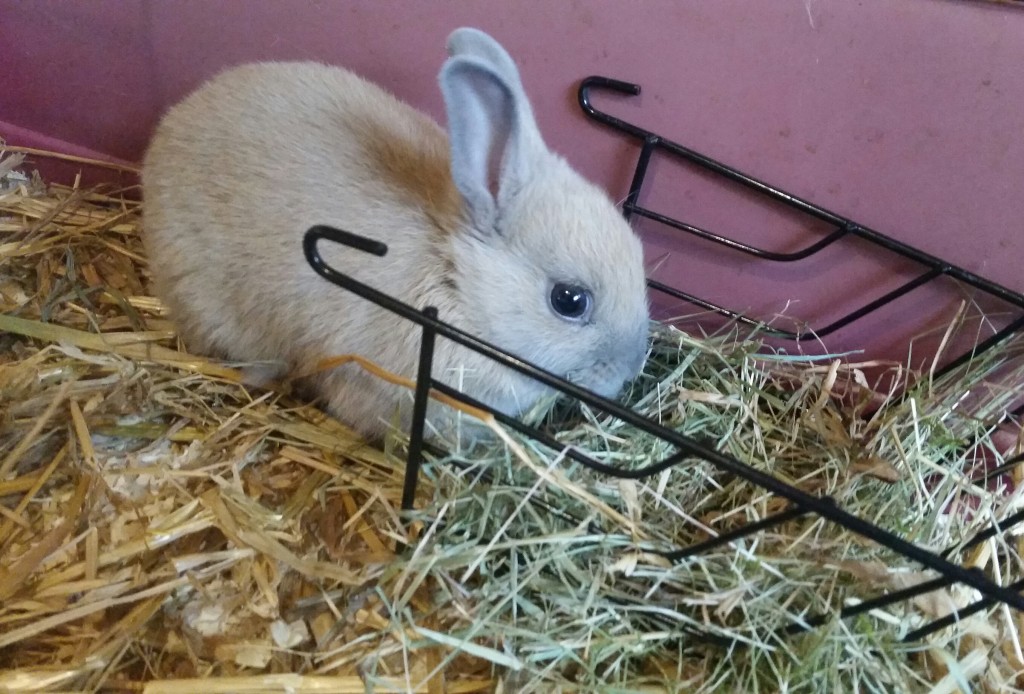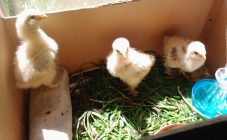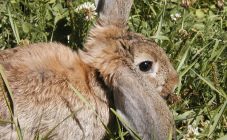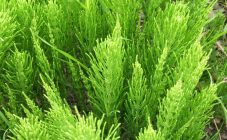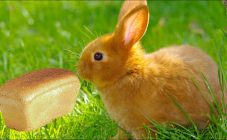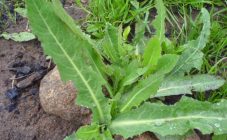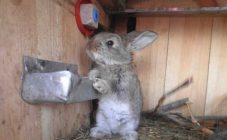Content:
Rabbits are bred for delicious dietary meat and valuable fur. Some decorative individuals feel great as pets. All owners of fluffy animals sooner or later become interested in the question of proper feeding of rodents. What grass can be given to rabbits, in what quantity and with what to combine it, worries everyone who wants to have healthy and strong animals.
Rabbits feed on food exclusively of plant origin. Summer is the ideal time to fully feed these animals. During this period, you can find a sufficient amount of a variety of herbs both in forests, meadows and fields, and in your own gardens. Rabbit owners need to know which plants are especially beneficial for full development, and which ones can harm the weak digestive system of rodents.
Meadow and forest grasses
Plants that grow in forests, meadows and fields should not be collected near roads and harmful plants. Young grasses will be more beneficial for rabbits, so it is recommended to collect and harvest raw materials while the stems are soft and buds have not appeared. Hay from a later cut is high in fiber and low in nutrients. This type of food will negatively affect the digestion of animals and will not bring a beneficial effect to the body.
Can rabbits be given fresh green grass? Rodents are naturally endowed with a weak stomach. If you feed the animals with freshly cut grass, then their belly may swell or diarrhea may open, so it is not recommended to use fresh plants in the diet, first they need to be dried a little. It is necessary to feed the rabbits by combining herbs with roughage, so that digestive disorders can be avoided.
The most nutritious and beneficial plants for rabbits among meadow grasses:
- Clover. This perennial plant can be found near rivers and water bodies. It is allowed to feed rabbits with small portions of clover - it has a high protein content.
- Lupine is stern. It is recommended to give a legume plant to animals in combination with other feeds, otherwise you can provoke a disorder of the digestive system.
- Alfalfa. It is the most useful supplement for lactating rabbits and young animals. Contains a large amount of amino acids and protein.
- Plantain. The leaves of the meadow plant are rich in protein. Plantain can be stored dry for 3 years. Regular consumption of plantain leaves will help rodents to establish digestion.
The meadows and fields are very rich in herbs. Many of the varieties are endowed with medicinal properties. The use of forest and meadow plants by rabbits will have a beneficial effect on their development and health. Heather, hogweed, tansy, comfrey and bluegrass, burdock and horse sorrel are perfect for feeding rodents.
Garden plants
Owners of rabbits do not have to go out of town, into the forest or to the fields for grasses; they can allocate a place for planting useful plants in their personal plot.It is better to give preference to legumes and cereals. Experienced breeders already know which grass is most useful for rabbits, and during the treatment of the garden from weeds, they separately fold the necessary blades of grass for their pets.
Rodents are especially preferred by such varieties of garden plants as:
- Rhubarb. The plant has a sour taste, but it works well for a variety of rabbits' diets. Contains many vitamins.
- Ripe. Appears in the garden of one of the first herbs. The plant has a pleasant honey aroma.
- Carrot and beet stalks. Rabbits love carrots, but the ground part is also useful, contains vitamins and minerals.
- Parsley leaves. Suitable for diversifying the diet of eared animals. It is not recommended to give a lot, otherwise there may be an upset stomach.
- Quinoa. Experts advise feeding swan rabbits in combination with other herbs. Nourishing herb helps relieve constipation and boosts immunity.
- Celery. The plant contains a huge amount of useful trace elements. Has a stimulating effect on digestion.
- Run away. It belongs to one of the few herbs that are suitable for feeding decorative rabbits.
You can also replenish the list with sorrel leaves, ground horseradish, thistle, chamomile and woodlice. Sunflower has no particular nutritional value for rabbits, and as a delicacy, you can diversify the menu with young shoots and hats. It is advisable to give seeds a little, so as not to irritate the stomach.
Medicinal herbs
Varieties of medicinal plants can be harvested not only at the beginning of growth - during and after flowering, herbs with medicinal properties will also be useful for rodents. Veterinarians recommend adding no more than 35 percent of medicinal raw materials to the daily diet of fluffy pets, based on the total amount of feed.
Rabbits prefer the following types of medicinal plants:
- Sagebrush. Helps prevent intestinal problems and stimulates appetite. However, overdose should not be allowed, otherwise the onset of excessive nervous excitability is possible.
- Dandelion. It has a beneficial effect on increasing appetite, contains proteins. Overdose can cause stunted ear growth.
- Nettle. The nutritious leaves of the plant are rich in vitamins and minerals, and have antibacterial properties.
- Mother and stepmother. You can start harvesting the plant in late spring. Leaves improve animal digestion.
- Wild chicory. It is a useful bitter herb with a pleasant smell. It will help to establish metabolism and remove harmful substances from the body.
In what form can you give grass to rabbits
It is not recommended to give freshly cut grass. Even the youngest and most fragrant greens need to be dried a little. In summer, you can not only feed your wards with mown and plucked grass, but also prepare hay for future use. When carrying out haymaking for harvesting forbs for the winter, an important point will be to prevent poisonous and harmful herbs from entering the mixture for drying. To maximize the benefits of grass for rabbits, there is no need to mow plants near dusty roads.
What herbs should not be given to rabbits
Despite the abundance and variety of herbs suitable for feeding rodents, there is an impressive number of plants that can not only harm, but also kill animals. A significant part of dangerous grasses lose their properties after drying, so it is so important to feed the rabbits with dry grass.
When harvesting herbs, it is recommended to ensure that the following poisonous plants do not get into the mixture:
- Hellebore.In case of poisoning with this herb, animals experience vomiting, diarrhea, profuse salivation.
- Knapweed. Despite its external beauty, the plant causes paralysis and seizures.
- Hemlock. After a poisonous plant enters the body of rodents, a breakdown occurs, the hind legs are paralyzed and convulsions appear.
- Datura ordinary. Disrupts the work of the cardiovascular system of animals.
- Marsh marigold. Causes bloating, diarrhea, and frequent urination.
- Celandine. Poisoning leads to weakness and indigestion.
- Buttercup. The plant can cause acute abdominal pain. In case of poisoning, vomiting and diarrhea appear.
The list of poisonous plants is quite wide, but not all of them retain their dangerous properties after drying. When preparing green food, it is important to know which grass should not be given to rabbits in large quantities. Some plants are capable of provoking various types of disorders, and in small quantities, they can be beneficial. For example, rabbits are very fond of corn, but its high carbohydrate content can provoke the appearance of excess gas. Therefore, when adding a new plant to the diet of your pets, it is better to study its beneficial properties and side effects in advance.
What to do if a rabbit is poisoned
Poisoning of animals with poisonous harmful herbs can be determined by the behavior and appearance of the rabbit: he refuses to eat, loose stools and vomiting appear, the gait becomes shaky and slow.
What should be done if symptoms indicate poisoning? The first step is to remove food residues from the feeder in order to protect the animal from a new intake of poison in the body. Then try to cleanse the stomach - you can induce vomiting with fresh milk (2 tablespoons 3 times a day). Will help recover from egg yolk poisoning or a decoction of flax seeds. If the rabbit has seizures, a decoction of oak or willow bark will be an effective medicine.
In order for rabbits to always please with excellent health and strong offspring, you must carefully monitor their nutrition. Food should be varied and contain nutrients and trace elements. Green herbs, fresh and dry, are an essential part of a complete rabbit diet. The main thing is to know which grass is safe for the animal and which is not.
